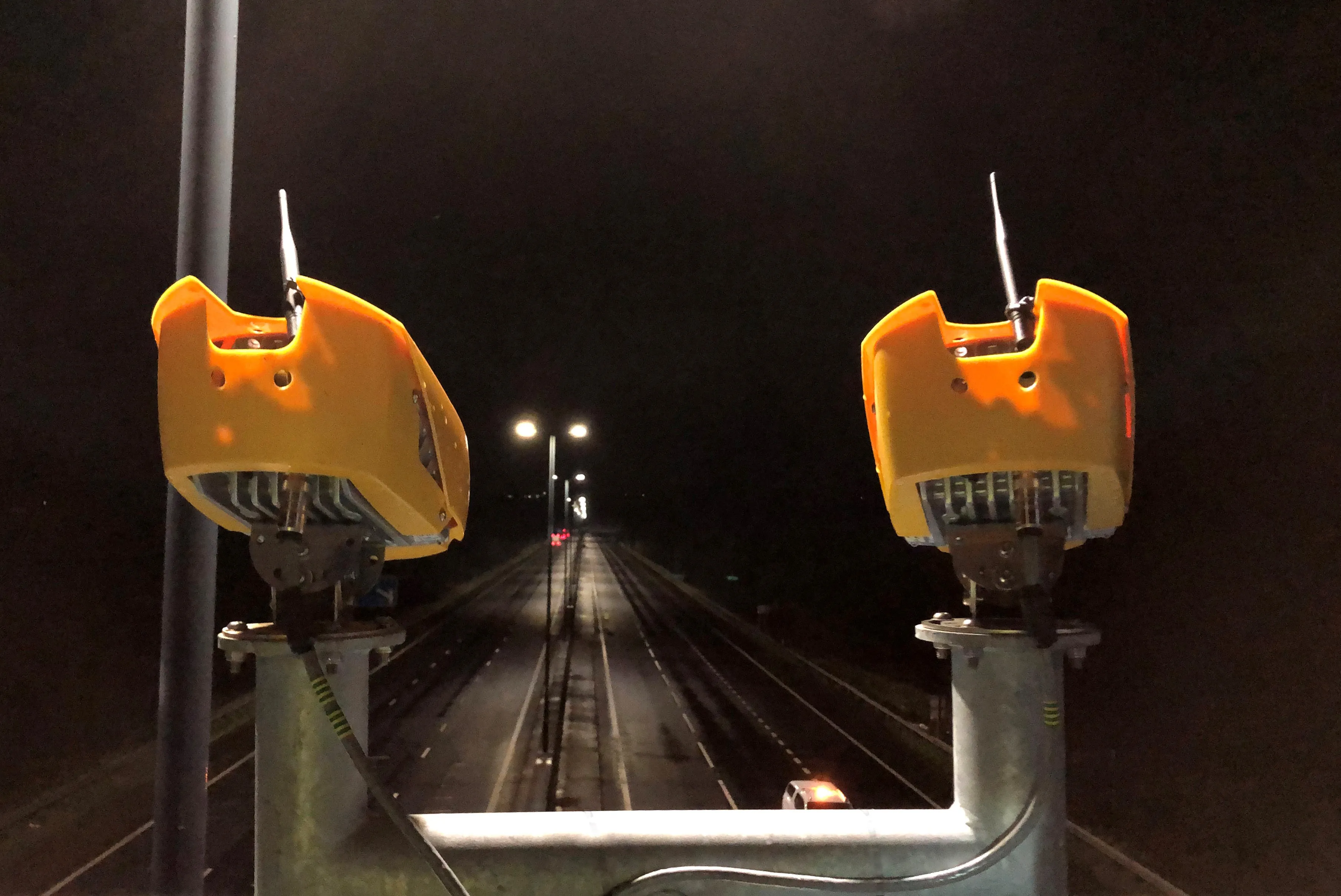Jenoptik’s Traffic Solutions division is to participate in an 18-month Germany-wide section speed control (or average speed enforcement) pilot project. Jenoptik technology will initially be tested in Lower Saxony.
Jenoptik will supply its laser scanner-based TraffiSection technology for the project in order to monitor the speed limit on a section of highway just under three kilometres in length on Federal Highway 6 south of Hanover. The system uses measuring systems and cameras installed at the entry an
February 3, 2015
Read time: 2 mins
Jenoptik will supply its laser scanner-based TraffiSection technology for the project in order to monitor the speed limit on a section of highway just under three kilometres in length on Federal Highway 6 south of Hanover. The system uses measuring systems and cameras installed at the entry and exit points of an extended stretch highway to record vehicle licence plate data and measure average speed between the two points.
If a vehicle’s average speed over the section of highway exceeds the maximum permitted, a conventional high-resolution frontal photograph is taken with driver recognition when the vehicle exits the section of the highway. The system automatically records data such as the licence plate and a photograph of the driver for use in a later prosecution.
All data are encrypted and details of vehicles that have not exceeded the speed limit are stored only temporarily.
The system will be installed by the end of March 2015 and the test phase will start in April. Approval for Germany is to be obtained from the Germany’s national metrology institute Physikalisch-Technische Bundesanstalt (PTB) in the course of this year which will allow the system to go into full operation, probably in autumn of 2015.
Jenoptik president and CEO Michael Mertin commented: “We are pleased that we can support such a trend-setting project in Germany with our experience. Our modern technology for section speed control has already contributed to increase traffic safety in other countries. It has been used successfully for several years in the United Kingdom, in Austria and Switzerland as well as in Kuwait.”








